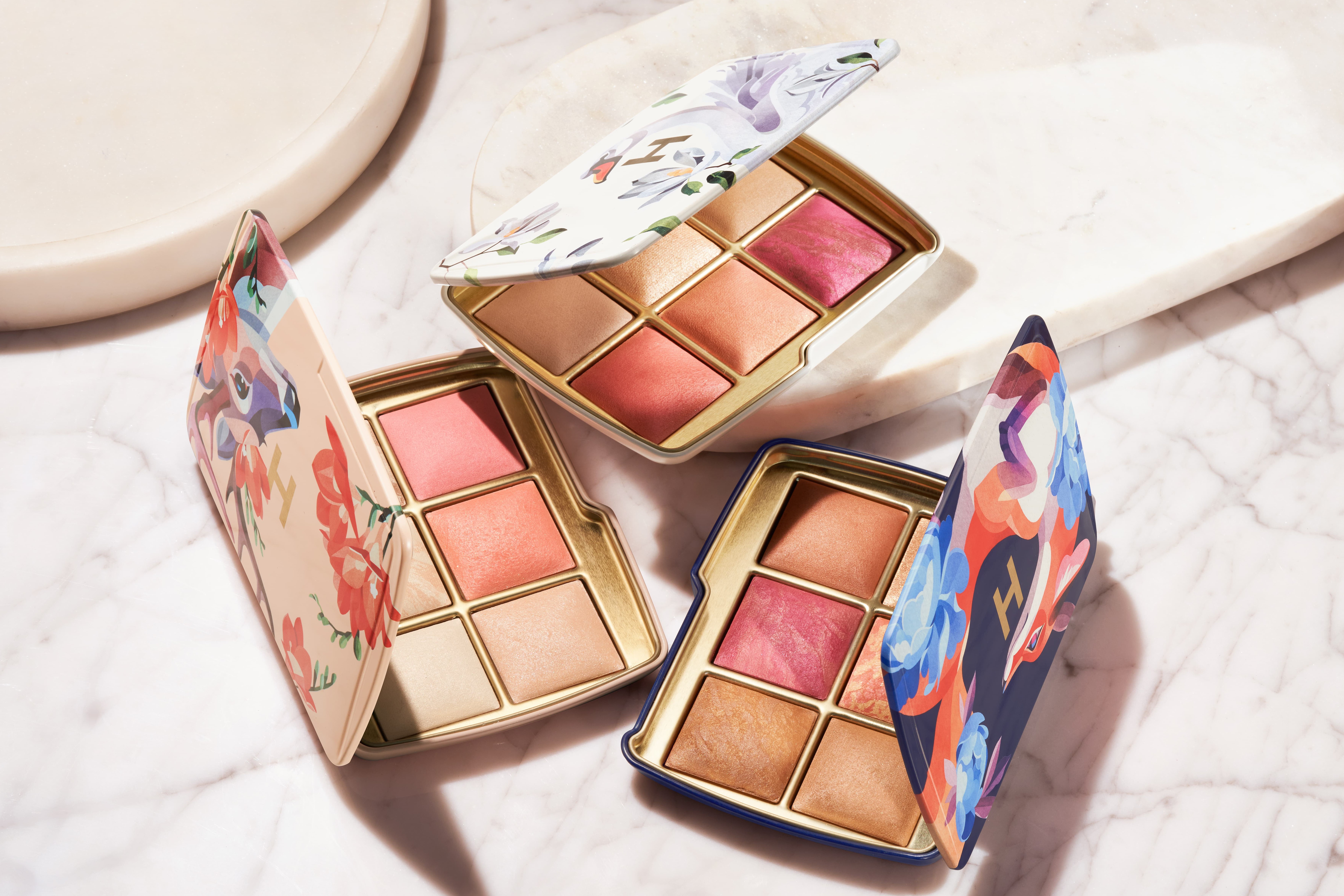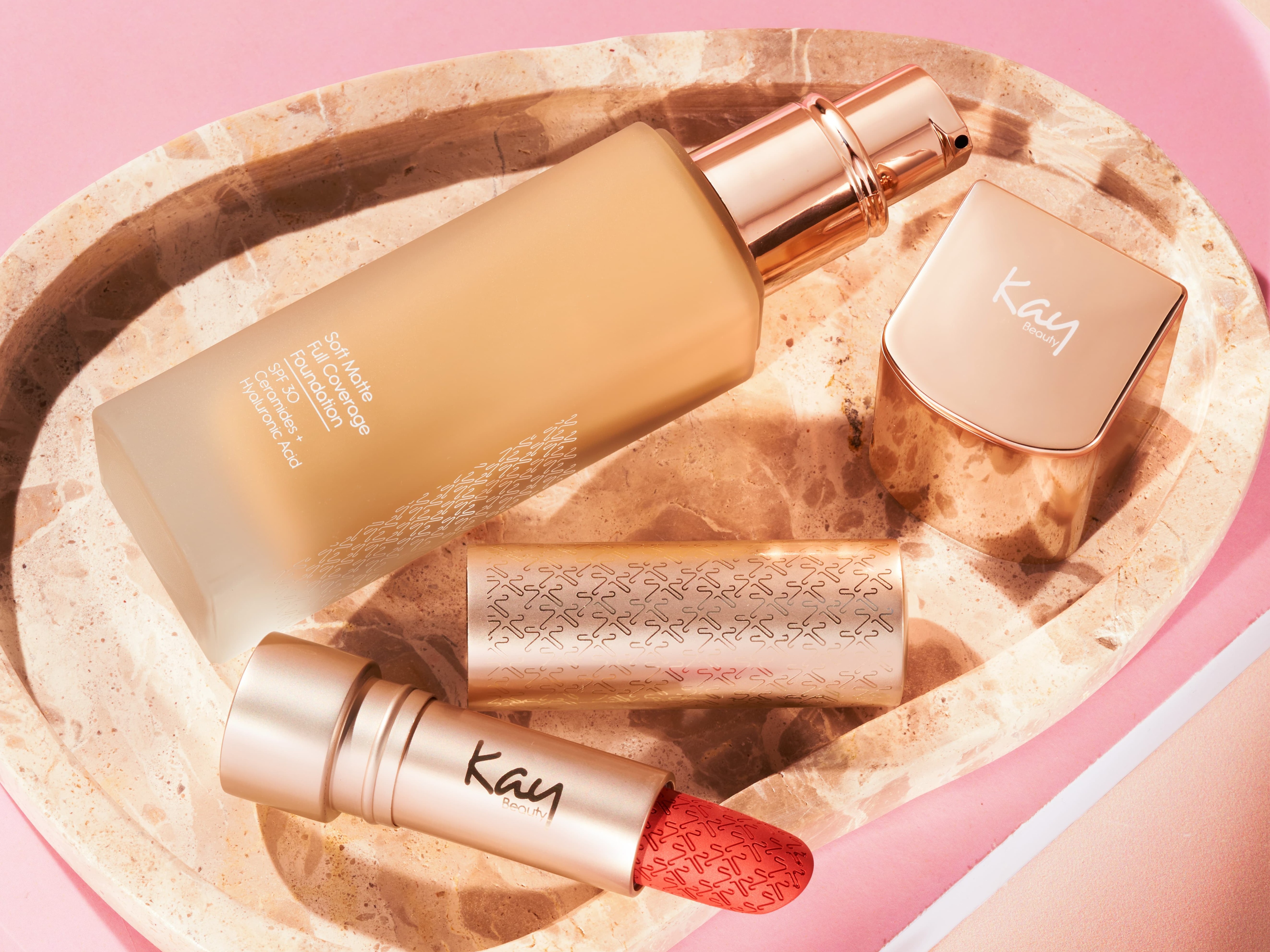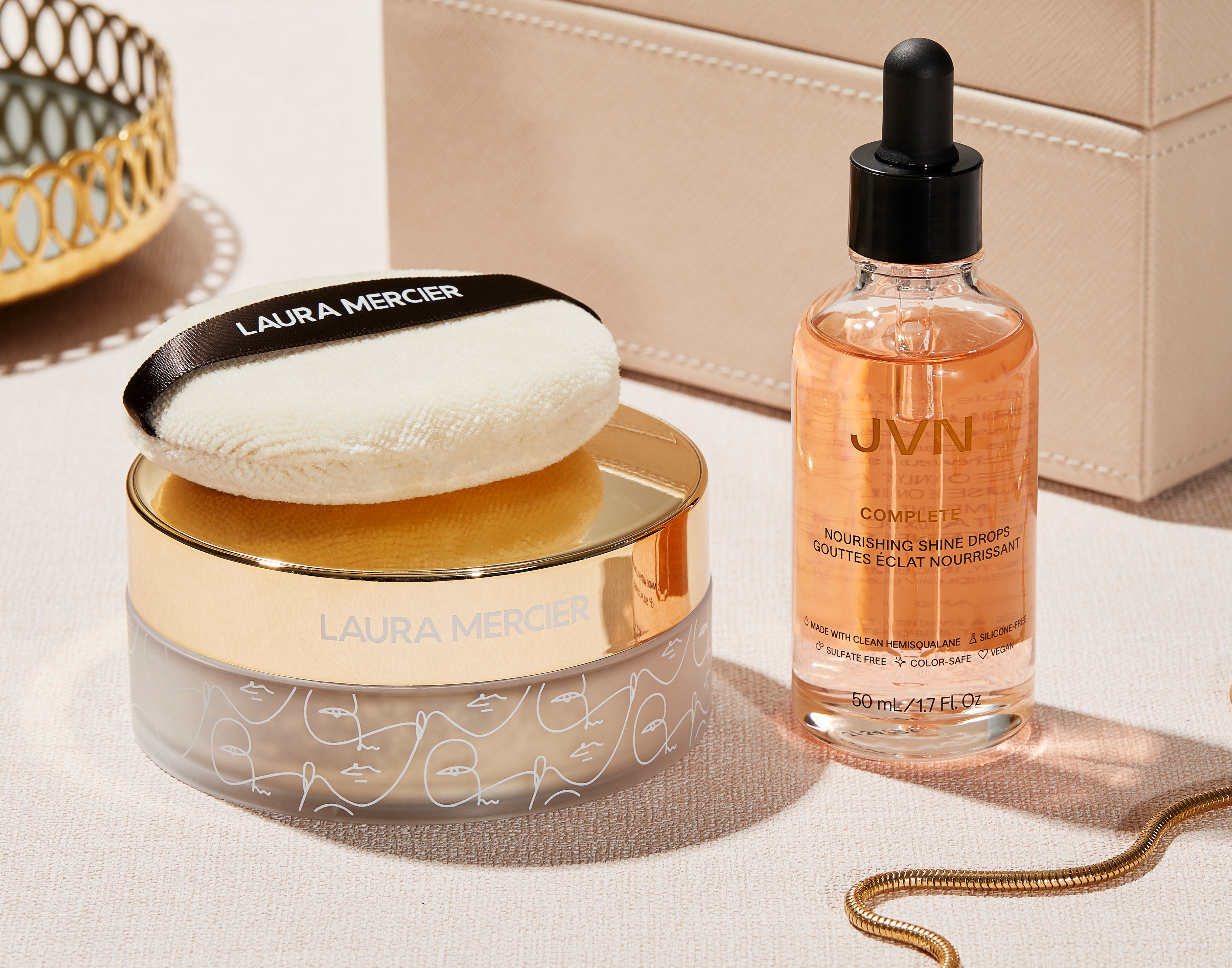
While we’re all familiar with the vital role vitamins play in helping to maintain our physical health but did you know that our skin can also benefit from the topical application of nutrient-rich skincare? “Vitamins are golden nectar when it comes to the health of our skin,” explains Georgie Cleeve, founder of Oskia, “They are to skin what flour is to bread – vital in its information.” Below we look at how some of the best-known vitamins – vitamins A, C and E – are involved in the cellular processes that take place within our skin, the benefits they bring and how we can use them to boost our existing skincare regime.
Vitamin A
There are many derivatives of vitamin A available in skincare formulations (of which the most widely known form is retinol) and with good reason; this wonder ingredient is famed for its potent anti-ageing properties. The reason it’s so effective is because it is a cell communicator – it works by sending a message to damaged skin cells telling them to act like new, young, healthy cells again. “In short, vitamin A stimulates the production of new skin cells and importantly collagen, while also reducing melanin production.” Georgie explains. The increase in skin cell turnover and the stimulation of collagen helps to reduce the appearance of fine lines, hyper-pigmentation and acne scarring.
Things To Know
Vitamin A is UV sensitive so it is advisable to incorporate into your evening skincare routine, after cleansing, so that skin is not exposed to light. Overnight is also when your skin pours all its energy into repairing and re-energising, why not give it a helping hand with regenerative overnight skincare treatments for gorgeous, glowy skin by morning.
Who Can Use Vitamin A?
Everyone can use vitamin A, apart from pregnant and nursing women, who may find it too active. However, those with very sensitive skin should pay attention to the strength, how much and how regularly they are applying. If you have sensitive skin but want to try vitamin A, Georgie suggests experimenting with milder variations and lower percentages and introducing it slowly to give your skin chance to adjust to the active, “it will take time but your skin will acclimatise and you will reap the benefits,” she assures.
Vitamin C
The most googled vitamin around, vitamin C is a multi-talented ingredient. It’s most famous for its glow-boosting and brightening powers, however it’s also a potent antioxidant and helps to strengthen skin and shield from free-radical damage caused by environmental aggressors. Similarly to vitamin A, vitamin C is also involved in the cellular processes of our skin cells and helps to boost collagen production for an all-round more radiant complexion.
Things To Know
Vitamin C is famously unstable and oxidises very easily. You can tell when this has happened as the product will turn a yellowy brown colour – this process occurs whenever the vitamin comes into contact with water, air or heat; once oxidised the product immediately begins to degrade and become less potent. There is however good news as the latest vitamin C derivatives on the market are not only stable but much more potent and effective, meaning that less concentration can be used for greater effect. “The latest, oil soluble version ‘Tetrahexyldecyl Ascorbate’ is stable, strong and penetrates much quicker and deeper into the skin,” says Georgie.
Who Can Use Vitamin C?
Almost all skin types will benefit from incorporating vitamin C-infused skincare into their daily regime. It’s particularly beneficial for those looking to protect their skin from sun damage and pollution, and for those who are trying to reduce signs of existing sun damage such as sun spots and pigmentation.
Vitamin E
A good all-rounder, vitamin E is essential when it comes to protecting skin. A natural antioxidant, it helps to improve skin’s natural defence system and prevents free radical damage that could potentially weaken skin, cause pigmentation or dullness and begin to break down elastin. Certain forms of vitamin E can also help to soothe skin and reduce inflammation.
Things To Know
When teamed with vitamin C, vitamin E becomes even more effective. The two antioxidants work well together because vitamin C works on the surface level, while vitamin E is able to penetrate deeper. When used together, these vitamins work to improve the appearance of uneven skin tone, brighten a lacklustre complexion and strengthen skin’s defences against environmental aggressors.
Who Can Use Vitamin E?
Thanks to its hydrating and healing properties, vitamin E is especially good for both ultra-dry and sensitive skin types. It’s particularly good as a post-shaving treatment as helps to moisturise and soothe any irritation, so is a good ingredient to look out for when purchasing skincare for men.

















